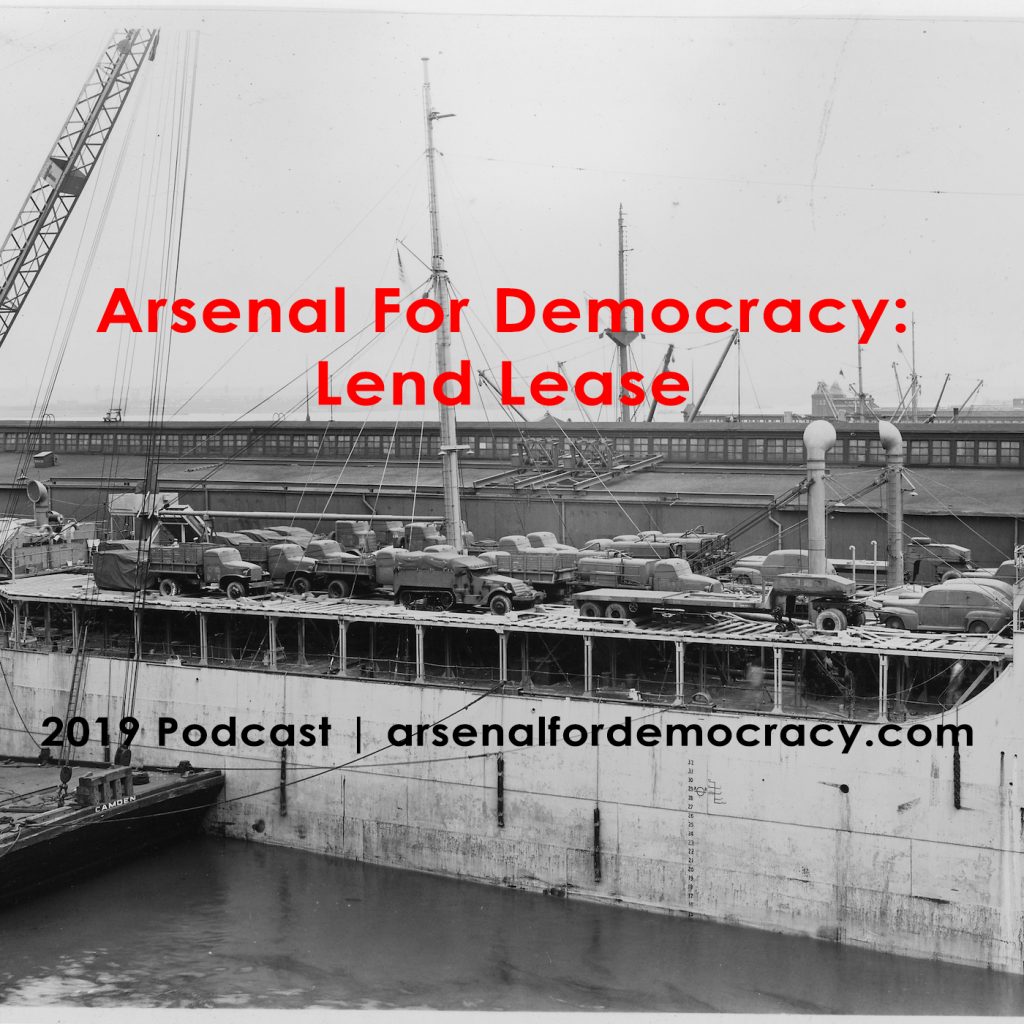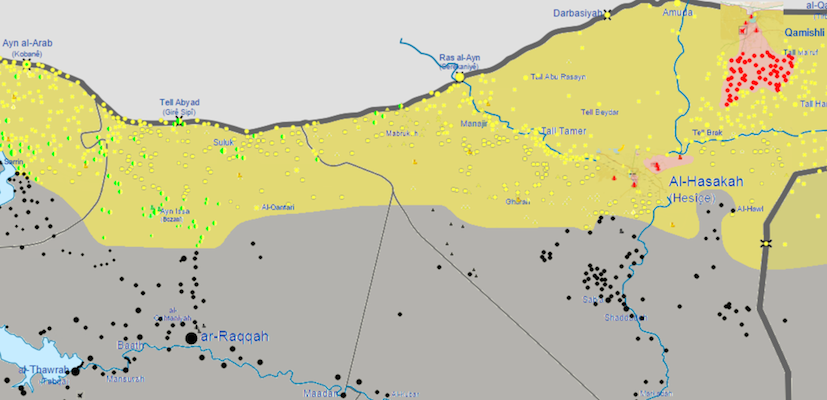I’ve been reading very heavily from the “Debates in the Massachusetts Constitutional Convention 1917-1918” (particularly Volumes III and IV) — published by Wright and Potter Printing Company (the state printers) in 1920 and freely available today from Google Books — and it’s pretty fascinating for both its detailed discussions of political theory and practice and its time-capsule-like preservation of the tumultuous historical time period in which the convention occurred.
The convention was convened in early 1917, before the U.S. entered World War I and as Russia was beginning to collapse. By the time it ended in mid-1918, the U.S. intervention was in full swing — as was the Bolshevik October Revolution and the Russian Civil War. The delegates in the heat of debates toward the end of the convention could not help but be swept along by the momentous history unfolding around the world.
While there are many historical points I hope to explore more, the convention’s discussions of the Russian Revolution interested me for a first post. Just a few selections are included below.
One important Somerville delegate thought ballot initiatives were as bad as the Russian Revolution:
Mr. Underhill (Somerville): I may be unduly alarmed. The initiative and referendum are not in operation in Massachusetts as yet, and possibly the recent publicity given to the chief backer of the initiative and referendum, Mr. Hearst, and his newspapers may cause the people of Massachusetts to pause and consider whether anything advocated by that gentleman or his newspapers is for the best interest of the community, and it will be defeated. But, sir, if it should be adopted, I should like to remind you that since the Convention passed the initiative and referendum, we have had an illustration of the will and rule of the majority, in Russia. We have had an example of popular government without restraint and without restrictions, which could occur in Massachusetts as well as in Russia. And, sir, it seems to me that if we are going to open the doors wide, we are going to have every demagogue from Cape Cod to the Berkshire Hills telling the people “All you have got to do now is to vote for a homestead and the Government the State or the municipality is going to give it to you.”
In reality, contrary to Delegate Underhill’s belief at the time, the Bolshevik Revolution in Russia proved to be a coup by a small minority faction, rather than an expression of majority will. He made repeat appearances in the convention debates labeling every left-leaning constitutional proposal a Bolshevik plot, including the idea of having state-subsidized housing as a right for every citizen. Another point of contention in the debates was when Underhill implied that the Russian immigrant population in Brockton at the time was a Bolshevik sleeper cell.
Ironically, a Boston delegate argued that ballot initiatives might actually help conservatively counteract the (what he believed to be) undue militant leftist influence upon state legislators, who he felt would actually be easier to pressure behind closed doors than the whole electorate:
Mr. Herbert A. Kenney (Boston): What do we find in this situation? President Wilson has called the initiative and referendum “a gun behind the door.” My distinguished friend from Brookline (Mr. Walker) spoke very forcibly on those lines. Suppose, for instance, that the House and the Senate say that the minimum wage shall be, – as they do in Russia under the Bolsheviki, – say, $100 a week. Now the Legislature must vote for that; why? Because if one single member of the Legislature votes against that the labor element will center its fire on that man. They might not get him in one year but they can get him in two years or three years or perhaps ten years. He is a marked man. The same way with the Senate.
In a discussion of the minimum wage (and whether to guarantee it under the Constitution), one of the more leftist delegates argued that it was a necessity to avoid a revolution or takeover by industrial labor — and described his own evolving viewpoints on the future of labor politics in the U.S. over the momentous course of 1917 and early 1918: Read more





